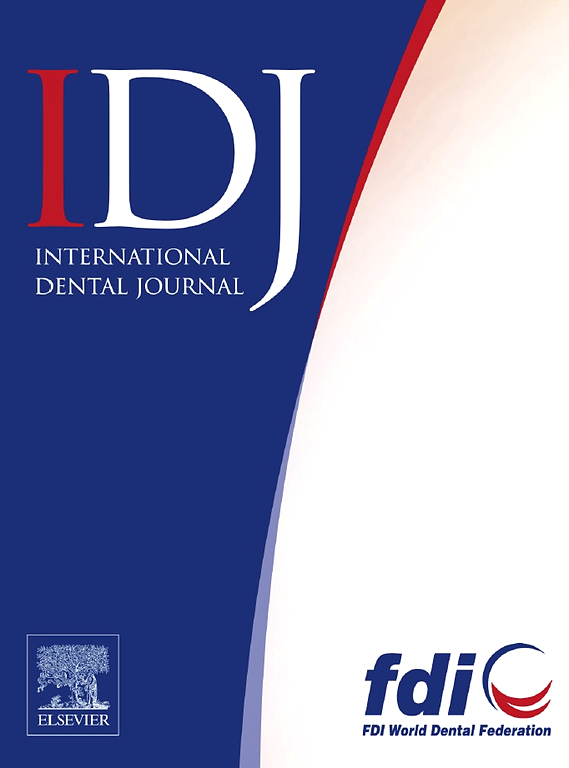Exploring Humanities Education in Chinese Dental Schools: Perspectives From Faculty Members and Students
IF 3.2
3区 医学
Q1 DENTISTRY, ORAL SURGERY & MEDICINE
引用次数: 0
Abstract
Objective
To evaluate the status quo of humanities education in Chinese dental institutions and identify improvement areas.
Methods
A nationwide cross-sectional study across 20 representative Chinese dental institutions employed survey questionnaires developed through literature review and expert consultations. The questionnaire included a visual analogue scale satisfaction assessment, multiple-choice questions, and open-ended questions supplemented by the Chinese Jefferson Scale of Empathy for students. Responses from students, faculty members, and administrators of each school were analysed to evaluate current practices and improvement opportunities.
Results
A total of 5085 dental students, 2044 faculty members, and 20 administrative staff from 20 dental institutions completed the questionaries. Both cohorts identified the curriculum design and teaching delivery mode as the most unsatisfactory aspects of current humanities education. Specifically, students emphasized the need for longitudinal integration of humanities content throughout dental education. Satisfaction levels varied significantly by students ‘academic progression and faculty members’ career stage. Female dental students consistently demonstrated higher empathy scores than males (P < .0001), with no rural-urban disparities observed. Strong study motivation was positively correlated with higher empathy scores (P < .0001), while study stress also showed a positive correlation with empathy scores.
Conclusions
Humanities education in dentistry was found to have positive effects on dental students. However, current humanities education requires curricular optimization, pedagogical innovation, and empathy cultivation strategies to enhance implementation efficacy.
探讨中国牙科学校的人文教育:教师和学生的观点
目的评价我国牙科院校人文教育的现状,找出需要改进的地方。方法采用文献查阅和专家咨询相结合的调查问卷,在全国20家具有代表性的牙科机构进行横断面研究。问卷包括视觉模拟量表满意度评估、多项选择题和开放式问题,并辅以中国杰弗逊学生共情量表。每个学校的学生、教师和管理人员的反馈进行了分析,以评估当前的做法和改进的机会。结果共有来自20所牙科院校的5085名牙科学生、2044名教师和20名管理人员完成问卷调查。两组人都认为课程设计和教学交付模式是当前人文教育中最令人不满意的方面。具体来说,学生们强调了在牙科教育中纵向整合人文内容的必要性。满意度随学生学业进展和教师职业阶段的不同而有显著差异。女牙科学生始终表现出比男学生更高的共情得分(P <;0.0001),未观察到城乡差异。强学习动机与高共情得分正相关(P <;0.0001),而学习压力也与共情得分呈正相关。结论牙科人文教育对牙科学生有积极的影响。然而,当前的人文教育需要优化课程、创新教学方式、培养移情策略来提高实施效果。
本文章由计算机程序翻译,如有差异,请以英文原文为准。
求助全文
约1分钟内获得全文
求助全文
来源期刊

International dental journal
医学-牙科与口腔外科
CiteScore
4.80
自引率
6.10%
发文量
159
审稿时长
63 days
期刊介绍:
The International Dental Journal features peer-reviewed, scientific articles relevant to international oral health issues, as well as practical, informative articles aimed at clinicians.
 求助内容:
求助内容: 应助结果提醒方式:
应助结果提醒方式:


